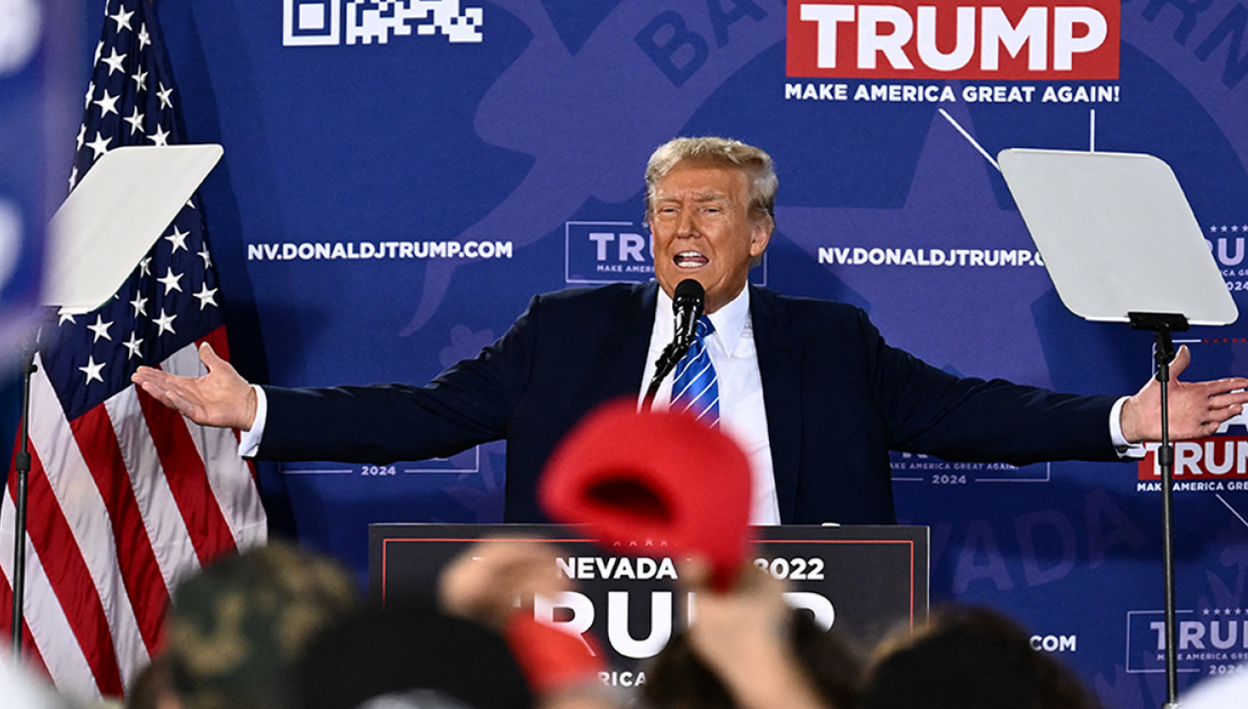The Supreme Court typically takes several months to issue a decision after arguments.
However, the current case, involving former President Donald Trump’s eligibility for the ballot, is expected to have a prompt ruling.
Both parties have urged for a quick decision, stressing the importance for voters to know soon.
Attorneys representing Colorado voters challenged Trump’s eligibility and requested a ruling before the state begins mailing primary ballots.
Although this deadline may be tight, the court may act before Tuesday on March 5.
Following the standard procedure, the justices of the Supreme Court will likely hold a private conference soon after the arguments to cast preliminary votes and assign the task of writing the majority opinion.
See Also:
Climate change: This January was the warmest on record, Copernicus announced
Draft opinions, including concurrences and dissents, will then be prepared and exchanged among the justices for review and feedback, facilitating further deliberation before reaching a final decision.
Despite the complexity, the process is likely to unfold swiftly.
There is precedent for fast action in major election cases, as seen in Bush v. Gore in 2000.

